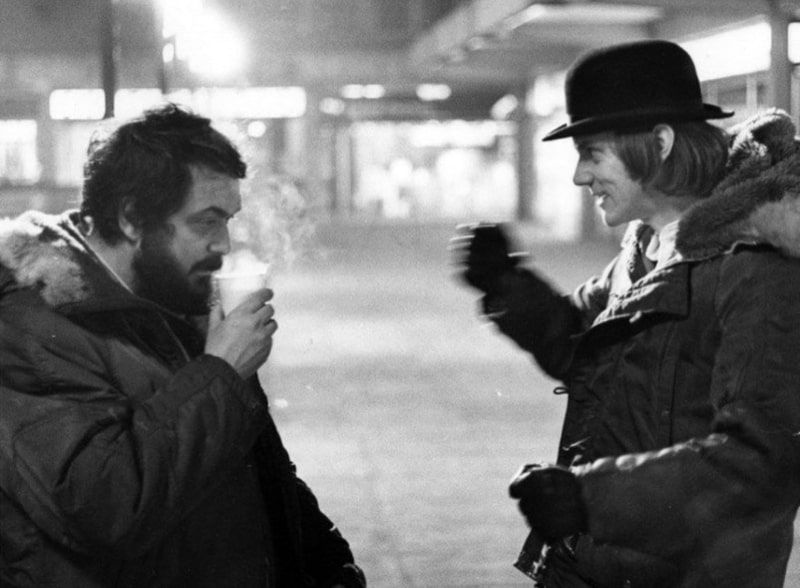Half a century of social criticism through the film A Clockwork Orange
Fifty years after its film premiere, "A Clockwork Orange" remains a universal and timeless work that changed the vision and making of the seventh art. Its prohibition made it mythical.

From January 1972, then 137 minutes of 24 images per second changed the history of cinematography: "A Clockwork Orange", by director Stanley Kubrick, became a permanent social critique through a universal artistic work, which today, January 13, celebrates half a century of its release. Adriana Chávez Castro, a communicology, critic, and master in documentary film at the National School of Cinematographic Arts (ENAC) of the UNAM, says that the banning of the film for almost three decades made it mythical.
"What makes the film special is Stanley Kubrick's direction, the creation of a whole atmosphere, an aesthetic that has a lot to do with the psychedelic wave of the 60s, and now as a universal work of art it has become timeless: it continues to work because it continues to make us feel," she says. It is one of the great masterpieces of the seventh art, due to its innovation in cinematographic language, in addition to its projection and social criticism.
"Kubrick's meticulous work is evident in every scene, for example, 'Alex', the main character of this film, has to jump from a certain height, so for this shot, it is known that Stanley threw only the camera recording to represent and give credibility to the fall with a POV (subjective camera)".
Social citrus
According to Chávez Castro, "A Clockwork Orange" is not only the innovative adaptation of a written novel to film (original by Anthony Burgess) but the aesthetic sound treatment with themes and musical adaptations of Henry Purcell and Ludwig van Beethoven. It changes the aesthetics of others, every shot, every frame makes sense in the work, because its director was a great connoisseur of cinematographic forms, in addition to the fact that in every scene there is that social criticism, says the expert.
"The film takes up the theme of ultra-violence, but has two underlying topics: criticism and undertaking this review of how free will can reach human beings; this possibility of choosing between good and evil," she points out.
It deals with the story of Alex, a young man who integrates two passions: unbridled violence and Beethoven. He is the leader of the Drugos gang, who terrorizes his surroundings. He is arrested and in prison, he voluntarily submits himself to an innovative reeducation experience, which aims to drastically cancel his antisocial behavior. The film was so important that even after the screening, the book began to be popularized.
"It is certainly a controversial feature film because after the premiere there are young people in the UK who try to imitate Hyperviolence, and it is even when Kubrick and his family receive death threats. Therefore, it is not presented at the time in festivals, even when it has Oscar nominations, its exhibition is truncated, because he withdraws it and it is until 1999, when he dies, that it returns to circulation".
It is not only violence for violence's sake, says Chávez Castro, it is a work that appeals to make us think and reflect. We even see visual criticism of the totalitarian regimes of the first half of the 20th century, so I invite the generations that do not know this film to approach it and they will find in the past "a strange futurism".
It is curious, said Alex, played by actor Malcolm McDowell, in a scene, perhaps premonitory: "how the colors of the real world only seem true when you see them on a screen"... "God prefers the man who chooses to do evil, rather than the man who is forced to do good"... "Am I an animal or a dog? (...) Am I nothing more than a mechanical orange?




